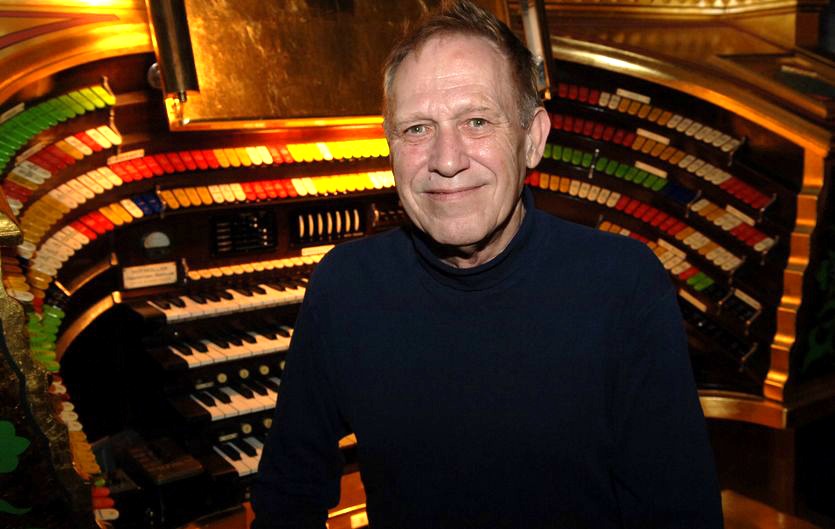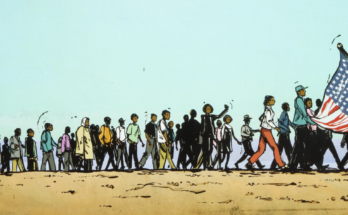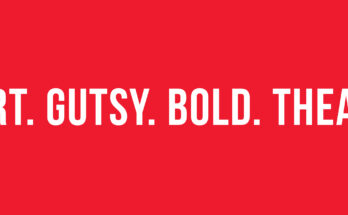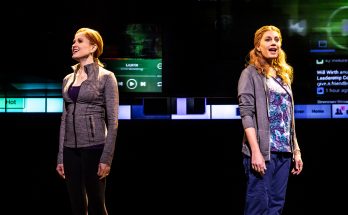If you’ve ever swayed or sung along to the Fox Theatre’s Mighty Mo, you knew Larry-Douglas Embury. The organist in residence died Friday at his home. His age and cause of death are not available.
[HEAR EMBURY PLAY “FROM THIS MOMENT ON” ON THE MIGHTY MO]
Embury was born in Calgary, Alberta, and at age 3 began fingering the notes played by the church organist, according to his website. He began playing piano at age 4, after his father — a “barn fiddler” — sold the family car to pay for the instrument.

Music ran in the Embury family. Larry-Douglas’ grandfather had been a kapellmeister — the person in charge of music-making — in his native Germany.
At age 10, Embury began performing publicly as a solo pianist. At 13, he began serious organ lessons. In his lifetime he played for celebrities (Ethel Waters, Audra McDonald, Jennifer Holliday) and at churches. He joined the Fox Theatre in the summer of 2002. The position of organist in residence had gone unfilled for nearly 20 years.
Embury has entertained Fox patrons before and after Broadway shows and classical performances, and unloosed his personality during the cartoons-and-sing-along preludes to every movie in every Coca-Cola Summer Film Festival, presiding always, as his website says, “over the thunder-and-whisper majesty of Mighty Mo.”
When playing the massive Möller organ, Embury controlled the instrument itself and the lift that brings the organ platform up to stage left level. His concept of sound, with both piano and organ, was described as “orchestral.”
He visualized the ensemble and, in his mind’s ear, would hear the instruments as he played. He said he often felt like a conductor as well as an instrumentalist. His beginnings as a church pianist, followed by nightclub improvisation and performances as a church and theater organist, allowed him to move with fluency and technical mastery between the two instruments. With his ability to improvise in popular music, Embury said that he played the words, and that the music — lines and phrases — followed.



